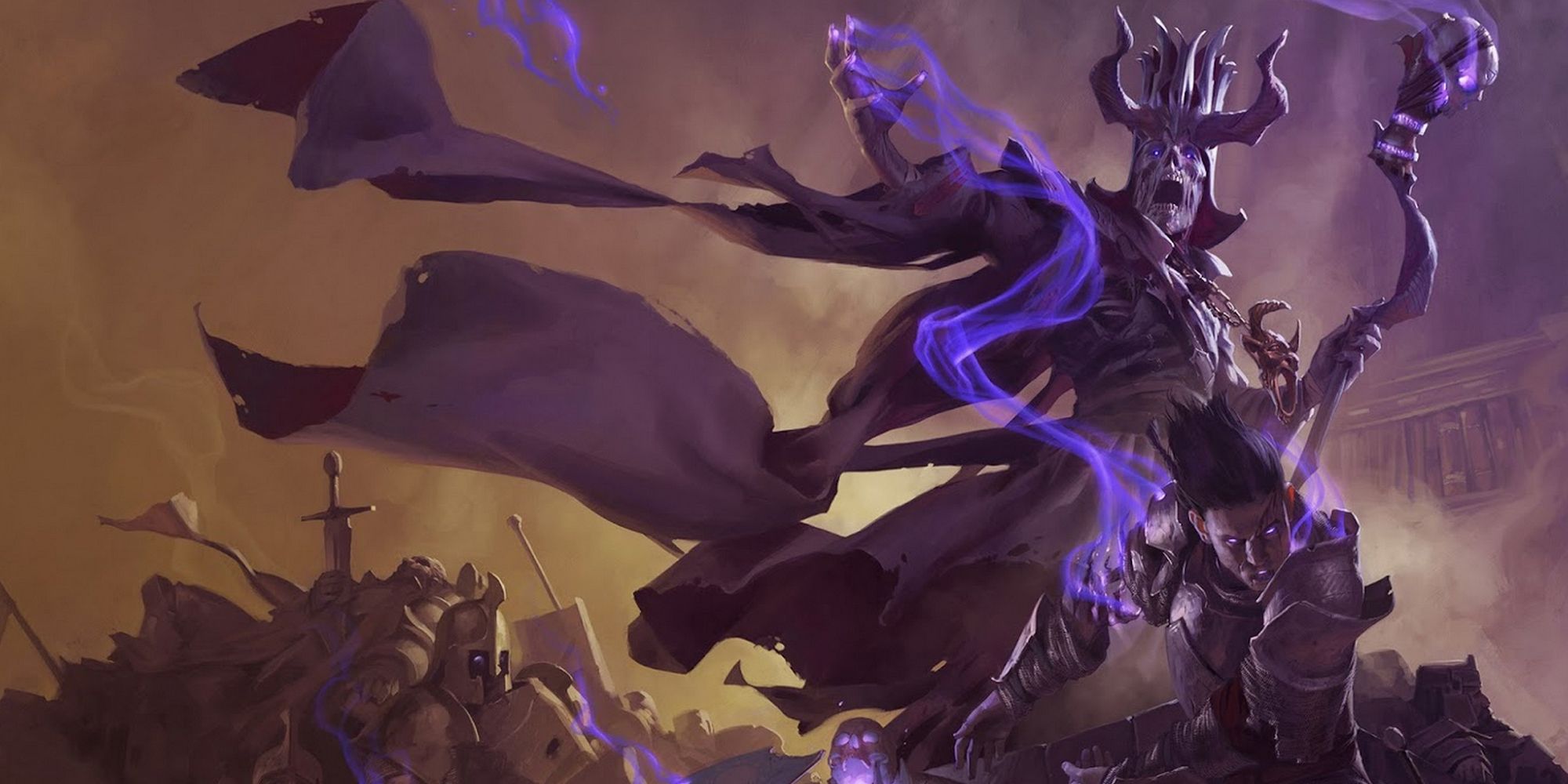Paladins are the holy warriors of Dungeons & Dragons, capable of damaging foes with both weapons and magic while also supporting their allies. Players who choose a Paladin must be careful, however, since the class requires careful attention in order to roleplay properly. To successfully roleplay as a Paladin, D&D players should carefully balance their chosen oath with their own unique ideas.
Paladins are traditionally played as with a Lawful Good alignment, and are expected to defend their allies with their life. Paladin players should not be afraid to stand on the front lines and take damage for their team, and can further protect them with defensive spells such as Shield of Faith. Dungeons & Dragons is full of creatures that are usually considered "evil," such as undead and fiends, and most Paladins may consider the defeat of these monsters a priority for their character.
Each class in Dungeons & Dragons has a unique name for their various subclasses, and in the case of Paladins they are referred to as "Oaths." Unlike most other classes, a Paladins subclass has a major impact on how players are expected to act while they roleplay. Oaths outline the things a Paladin should or should not do, such as never lying in the case of an Oath of Devotion Paladin. Even when it may seem logical to do otherwise, a player should always keep to their oath to avoid any potential consequences.
Oathbreaker Paladins in Dungeons & Dragons
If a Paladin does break their oath, Dungeon Masters may choose to punish the decision. The Dungeon Master's Guide outlines a specific set of abilities for Oathbreaker Paladins, and a player's character may revert to exactly that. Although Oathbreaker Paladins are powerful in their own right, some of their abilities can actually increase the power of enemy monsters. In addition, the ability to fully customize a character is often a D&D players favorite aspect of the game, and having their abilities changed may be a frustrating experience.
Initially Paladins may seem quite similar to Clerics in Dungeons & Dragons, since both utilize the power of divine beings to cast spells and heal allies, but there are a few key differences when it comes to roleplay. Clerics act as a servant to their deity, and are expected to gain their favor without being provided with specific instruction. This allows a Cleric player to take slightly more liberty when roleplaying as their class, since they are not bound to a strict set of rules like a Paladin.
Paladins are a fantastic class to play in Dungeons & Dragons, thanks to both their powerful abilities as well as flavorful opportunities to roleplay. The necessity to abide by their oath may seem daunting, but it does provide a helpful guideline that is perfect for players new to roleplaying.


